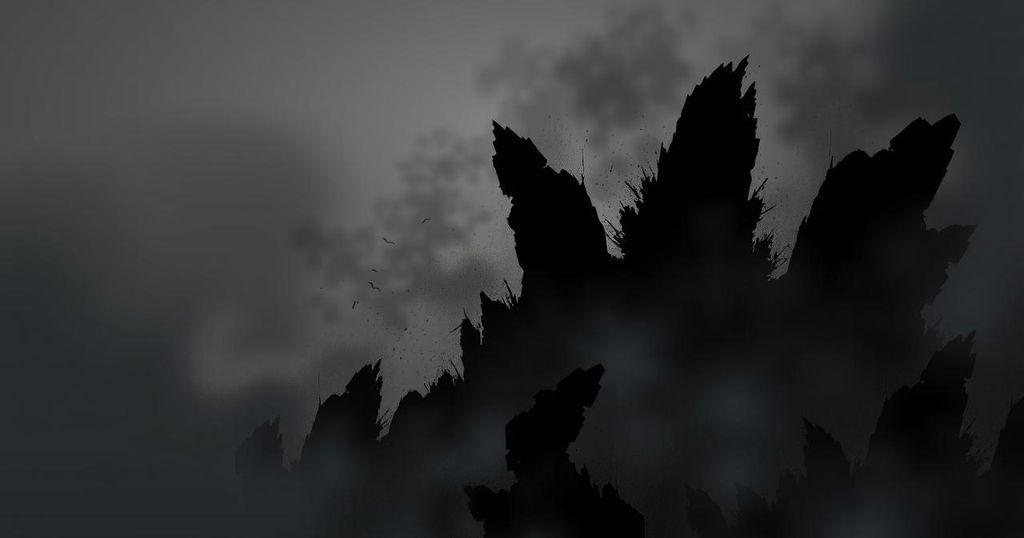Iran has launched a new terror group in Syria to defend against perceived occupation following the anticipated collapse of Assad’s regime in December 2024. Amidst the power vacuum, factions like The Syrian Resistance are forming, indicating ongoing conflict with Israel and other forces. The evolving situation calls into question Iran’s regional influence and internal Syrian dynamics.
Iran has recently established a new militant faction in Syria, purportedly aimed at representing various sects within the nation while concentrating on the defense of security and territorial integrity. This group emerged in response to the “absence of political and social forces” following the anticipated fall of President Bashar al-Assad’s regime in December 2024, with a declared objective of defending Syria from what it describes as occupation.
In a related development, the pro-Hezbollah publication, Al-Akhbar, reported that a new faction, identifying itself as The Syrian Resistance, has commenced operations against both Israeli forces and Islamist factions situated in Damascus. This faction has been critical of groups referred to as “the gangs of al-Jolani,” a term used to refer to Ahmed al-Sharaa, Syria’s interim president and a former al-Qaeda member.
The ongoing destabilization caused by the Assad regime’s collapse has substantially eroded Iran’s regional influence. Shi’ite militias, primarily composed of Afghan and Pakistani fighters, have retreated to Iraq due to the restructuring of Syria’s political landscape led by al-Sharaa, aimed ostensibly at facilitating a democratic transition. Hezbollah has similarly faced significant setbacks, including withdrawal from Syria amidst its struggles with Israel while attempting to secure its remaining armaments.
Despite its setbacks, remnants of the former Syrian administration are persistently clashing with the newly established government. Recently, the current administration in Damascus has urged Iran to limit its interference in Syria’s domestic affairs. During his attendance at the recent Arab League summit in Cairo, al-Sharaa announced a new phase in Syria’s relations with Arab nations, while expressing concerns that Israel is exploiting the power vacuum following the previous regime’s demise.
In summary, the establishment of a new Iranian-affiliated terror group in Syria signals an ongoing complexity in the region’s geopolitical landscape. Amidst the anticipated fall of the Assad regime, new factions are emerging, and the influence of Iran and its allied groups is being challenged by a shifting political landscape. The instability following Syria’s leadership change opens avenues for both conflict and potential new alliances within the region.
Original Source: www.thejc.com




